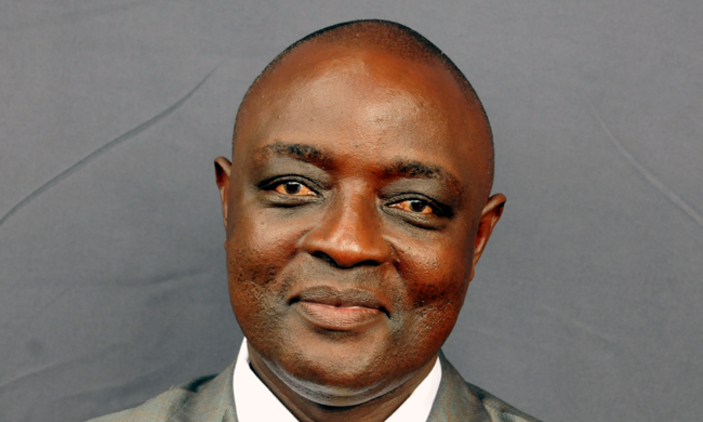As Ministry of Finance, Planning and Economic Development headed by Matia Kasaija as line minister finalizes the Budget strategy for FY2020/21 anchored on the medium-term growth and development objectives of the 3rd National Development Plan (NDP 111), Civil Society organizations (CSOs) under their umbrella Civil Society Budget Advocacy Group (CSBAG) have raised various concerns in the FY2020/2021 Budget framework before approval by parliament.
While addressing a press conference at CSBAG offices in Ntinda on Sunday 12th January 2020, the CSBAG Executive Director, Julius Mukunda said that whereas they recommend the several government reforms aimed at promoting public finance management, including salary enhancement for teachers and non-teaching staff, Public Finance Reform strategy 2018-23, Revenue strategy to raise ratio of revenue to GDP to 18% in 5 years, stable inflation among others, there is need for government pay to attention to CSOs concerns as it debates the budget for approval.
Mukunde explained that if Uganda is to achieve inclusive growth that will translate the budget into reality, there is need for government to expedite finalizing the NDP II so that the planning process of the next financial year is not distorted.
“We are concerned that the National Budget Framework Paper FY2020/21 seeks to achieve the objectives of the NDP III which is at formulation stage, but it’s in contravention with Section 9 (3) of the Public Finance Management Act 2015 which requires Ministry of Finance to prepare the budget framework paper which is consistent with the National Development Plan,” he said.
He further called for a review of the Public Finance Management Act 2015 to include an expenditure cap of the petroleum revenue transferred to the consolidated fund and establish a petroleum revenue utilization plan to address the gaps that existed in the petroleum fund management especially ad hoc spending and petroleum expenditure plan.
Agnes Kirabo, Executive Director, Food Rights Alliance (FRA) highlighted that since FY2020/21 is the first budget to operationalise the NDP III, there is need to have a budget that will lay a foundation for the next 5 years planning.
She said that the budget’s cuts from Shs40.9 Trillion to Shs39.6 Trillion will not allow achievement of industrialization, job creation and shared prosperity as it projects.
“There is a mismatch between what the country dreams to achieve and the planning. You cannot expect to achieve shared prosperity, job creation, and industrialization when you invest in hand hoes yet Uganda is signatory to declarations that aim to end the use of hand hoes for farming,” she explained.
The Programme Officer from Pellum Uganda, Marylyn Kabalere, said the budget decline for Agriculture services especially extension services, under staffing at the ministry of Agriculture among others will affect production of agriculture which she said is the biggest employer of Ugandans.
According to the proposed sectoral nomination allocations for FY2020/21 by Ministry of Finance, Planning and Economic Development, The FY 2020/21Budget is projected to reduce to Shs39.6 Trillion from Shs40.9 Trillion in 2019/2020.
Non-wage expenditure is projected to amount to Shs17.56 Trillion inclusive of Shs9.8 Trillion for interest payment. External development expenditure will account for Shs6.6S Trillion and domestic development is Shs7.32 Trillion.
By Drake Nyamugabwa





